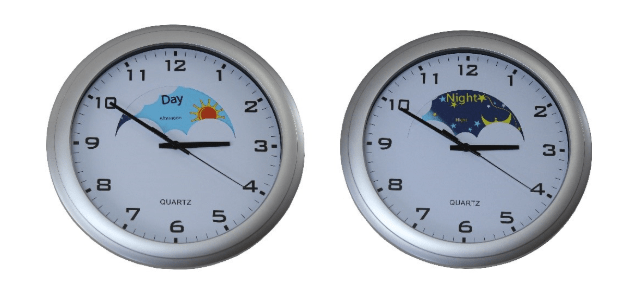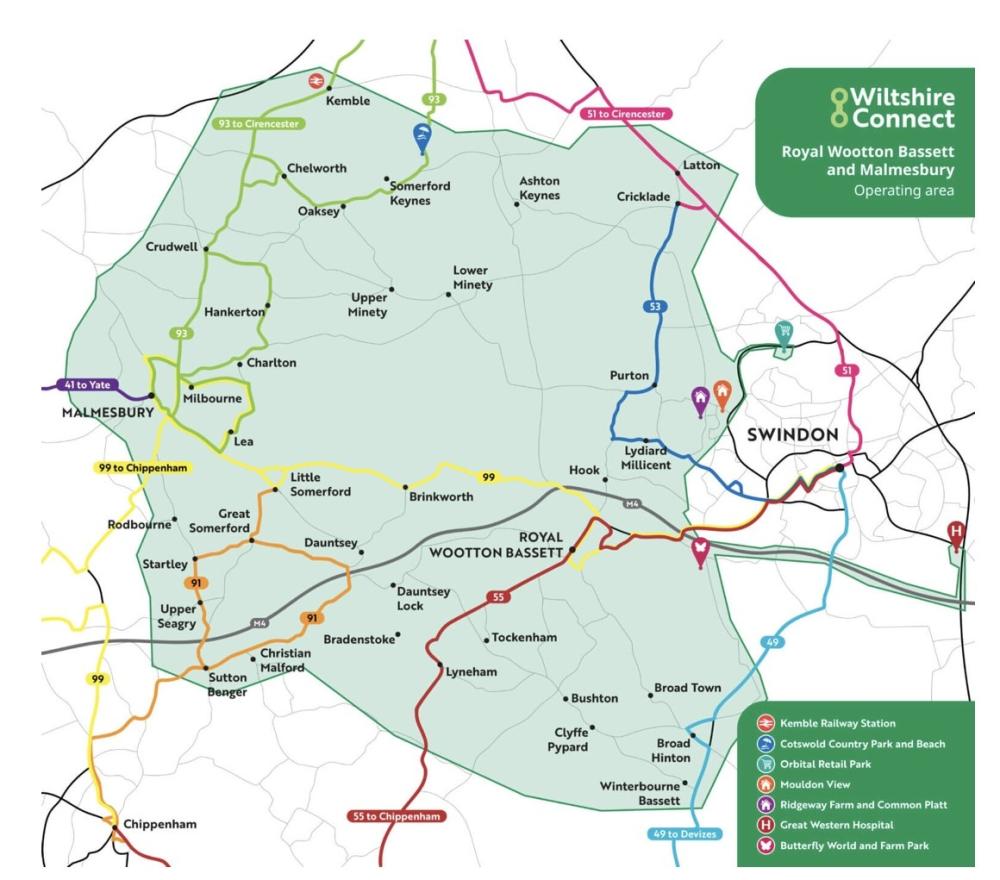As winter fades and the days grow longer, people across the country are getting ready to set their clocks forward an hour on March 30 to mark the change in season.
Although this adjustment happens twice a year, many people still find themselves caught out by the lost or gained hour. However, for individuals with dementia, the time change can bring confusion.
Alzheimer’s Society, the UK’s leading dementia charity, has advised that the clocks going forward can cause disorientation for people with dementia.
As daylight begins to start earlier and end later, people with dementia may find it difficult to differentiate between 6am and 6pm. This can disrupt their circadian biological clock and make it hard for them and those who care for them to get enough sleep.
Not feeling ready to sleep because it is light outside can cause the person to become overtired, which can cause low mood and affect their ability to think clearly. They may also become irritable, distressed or have a general feeling that things are not right. These changes can also impact those who love and care for a person with dementia.
Angelo Makri, Senior Knowledge Officer for Wellbeing at Alzheimer’s Society, said: "For most people, the clocks going forward doesn’t have much of an impact at all - although having to work out how to reset the clock on the oven and in the car is nobody’s idea of fun.
“However, for a person living with dementia, it can disrupt their body clock, leading to confusion and anxiety."
Here are four top tips from Alzheimer’s Society to help people with dementia overcome challenges faced by the clocks going forward:
Think about having your evening meal and going to bed an hour earlier on Saturday, so that the person can still get their usual amount of sleep and wake up at their usual time on Sunday. In this way, the person’s routine will only be different for an evening rather than a full day.
Having a routine during the day and at bedtime can help regulate a person’s disrupted body clock. Doing regular activities at the same time each day – for example going for a walk after breakfast, can help a person with dementia make sense of the time.
Going outside and getting some gentle exercise can help the person feel sleepier during the evening so they go to bed at their usual time. If the person is unable to go outside, helping them keep active and engaged during the day can have a similar effect. Think about using blackout curtains to reduce sunlight in the evenings too.
Use a visual aid to help the person with dementia identify the start and end of the day. Alzheimer’s Society’s online shop sells ‘Day and Night’ clocks (pictured) which include simple visual symbols to help people with dementia distinguish the time of day.
"Too many people face dementia alone. We want everyone affected to know that, no matter who you are or what you're going through, Alzheimer's Society is here to offer practical advice, emotional support, and guidance every step of the way," added Angelo.
There are around one million people living with dementia in the UK. This is projected to rise to 1.4 million people by 2040.
Alzheimer’s Society is there for people again and again, through the hardest, most frightening times. If you need support or information, visit alzheimers.org.uk or phone the Dementia Support Line on 0333 150 3456.









Your Comments
Be the first to comment on this article
Login or Register to post a comment on this article